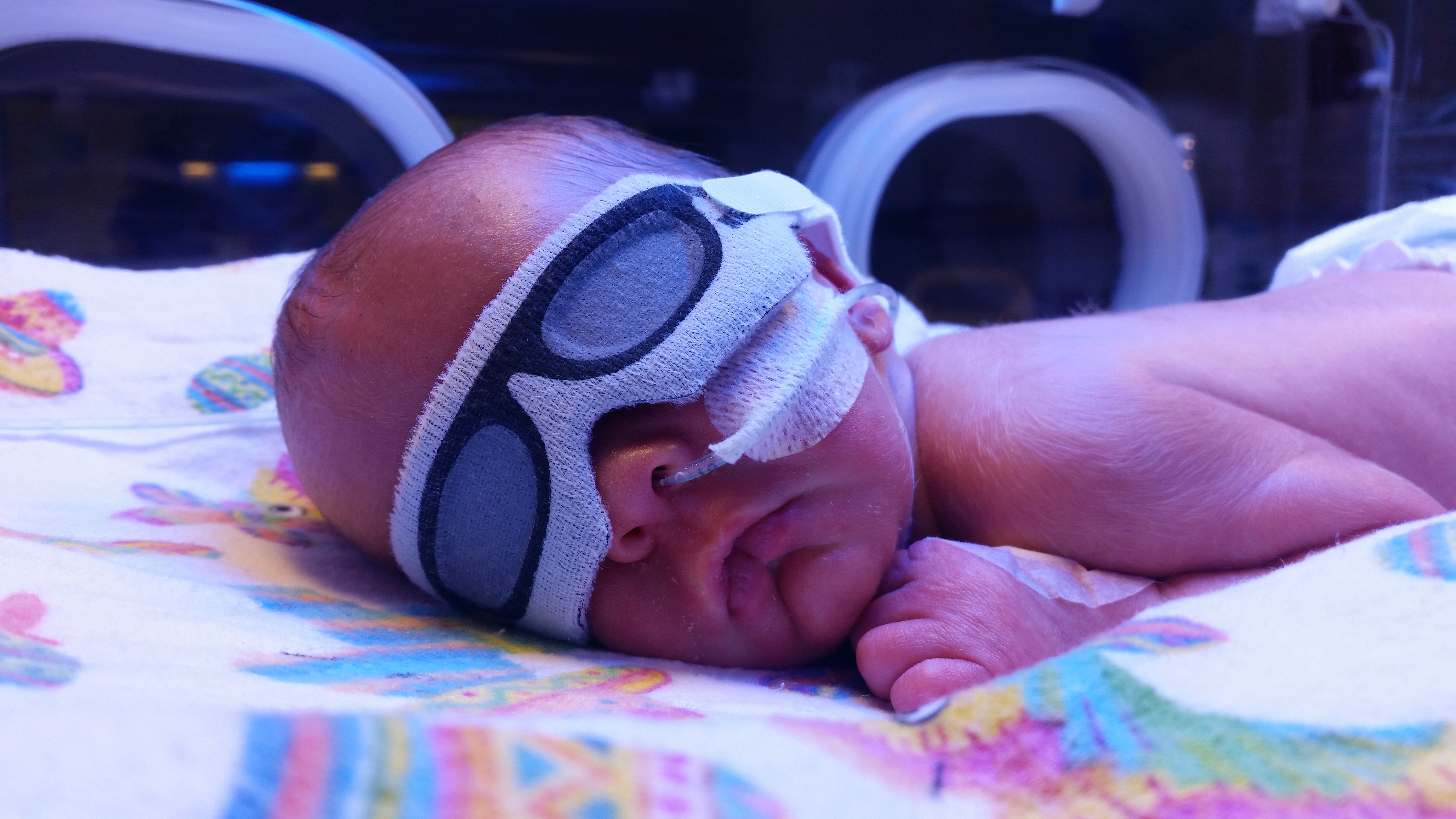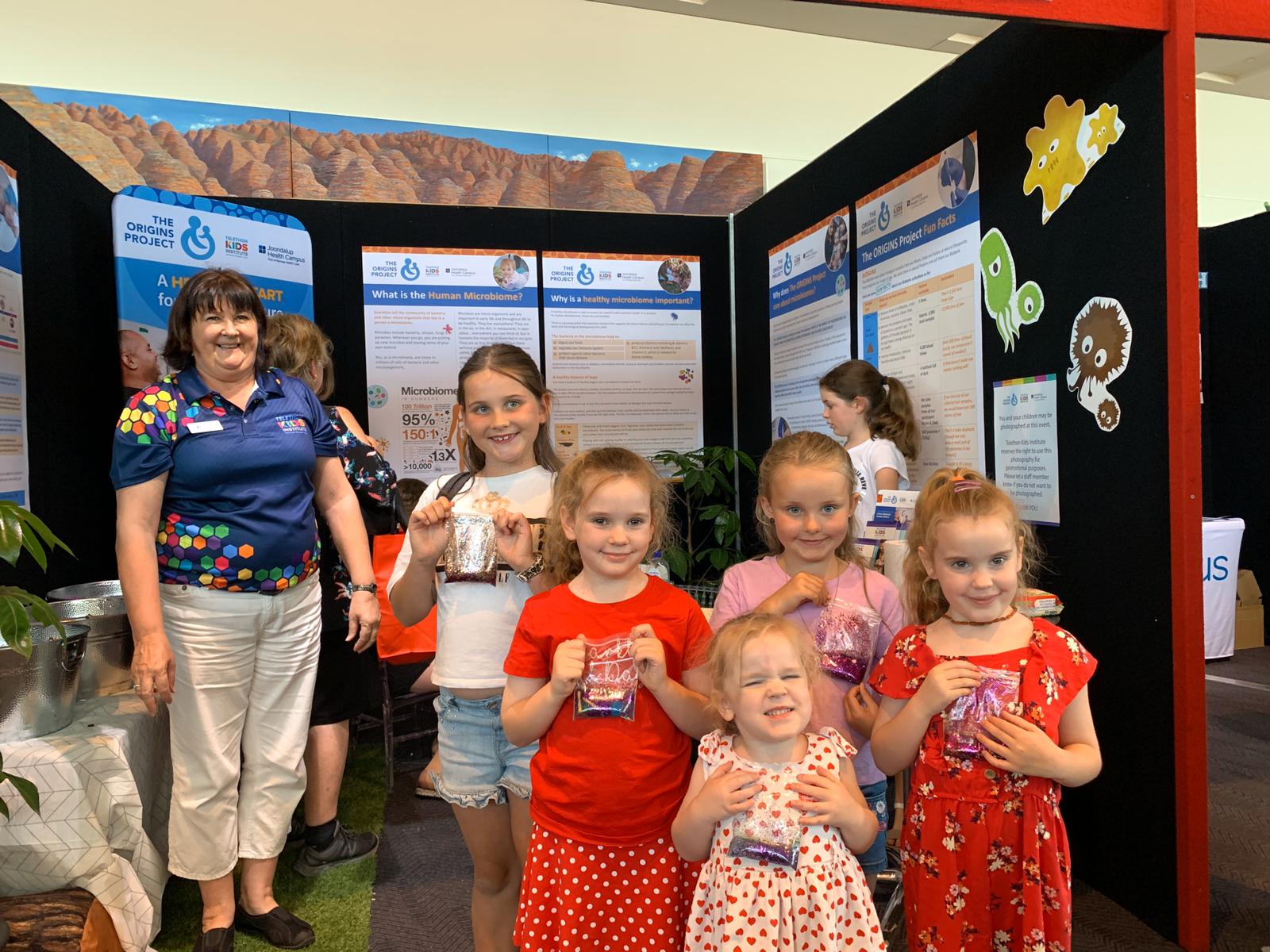Search

News & Events
Desire to help others helps one ORIGINS familyCathy Chopping is thankful she decided to try and help others by joining ORIGINS

News & Events
Thrive by Five TED Talk - Have you met Molly?ORIGINS Director, Prof Desiree Silva is playing an integral role in promoting a Thrive by Five TED Talk asking parents to engage more meaningfully and often with children in order to promote their brain development and set them up for life.

News & Events
Magical Microbiomes at TelethonHundreds of kids and their families visited The ORIGINS Project booth over the Telethon weekend to learn about the magical microbiome.

News & Events
World-first research helps to identify child developmental delaysThe ORIGINS Project’s Early Moves study is investigating whether a baby’s early movements can predict learning difficulties later in childhood.

News & Events
When food attacksOne in every four children will suffer from eczema and asthma, and one in every 10 will have at least one food allergy.

News & Events
When babies won’t stop crying – infantile colicExcessive crying – for more than three hours in a day, more than three days a week – is often referred to as infantile colic.

News & Events
What medicines can I safely use during pregnancy?Something we’re commonly asked is whether a prescription, over-the-counter, vitamin or herbal medicine is safe to use during pregnancy. ORIGINS pharmacist Stephanie Dimitrov-Zeller provides some great advice for expectant mothers.

News & Events
Professor Desiree Silva named WA Rising StarThree local legends who are changing the world have been named as this year’s WA Rising Stars – including the ORIGINS Project Co-director and head of paediatrics at Joondalup Health Campus, Professor Desiree Silva.
Instructions on the various antenatal samples collected by the Origins project and how to collect them.
Community links and support services
